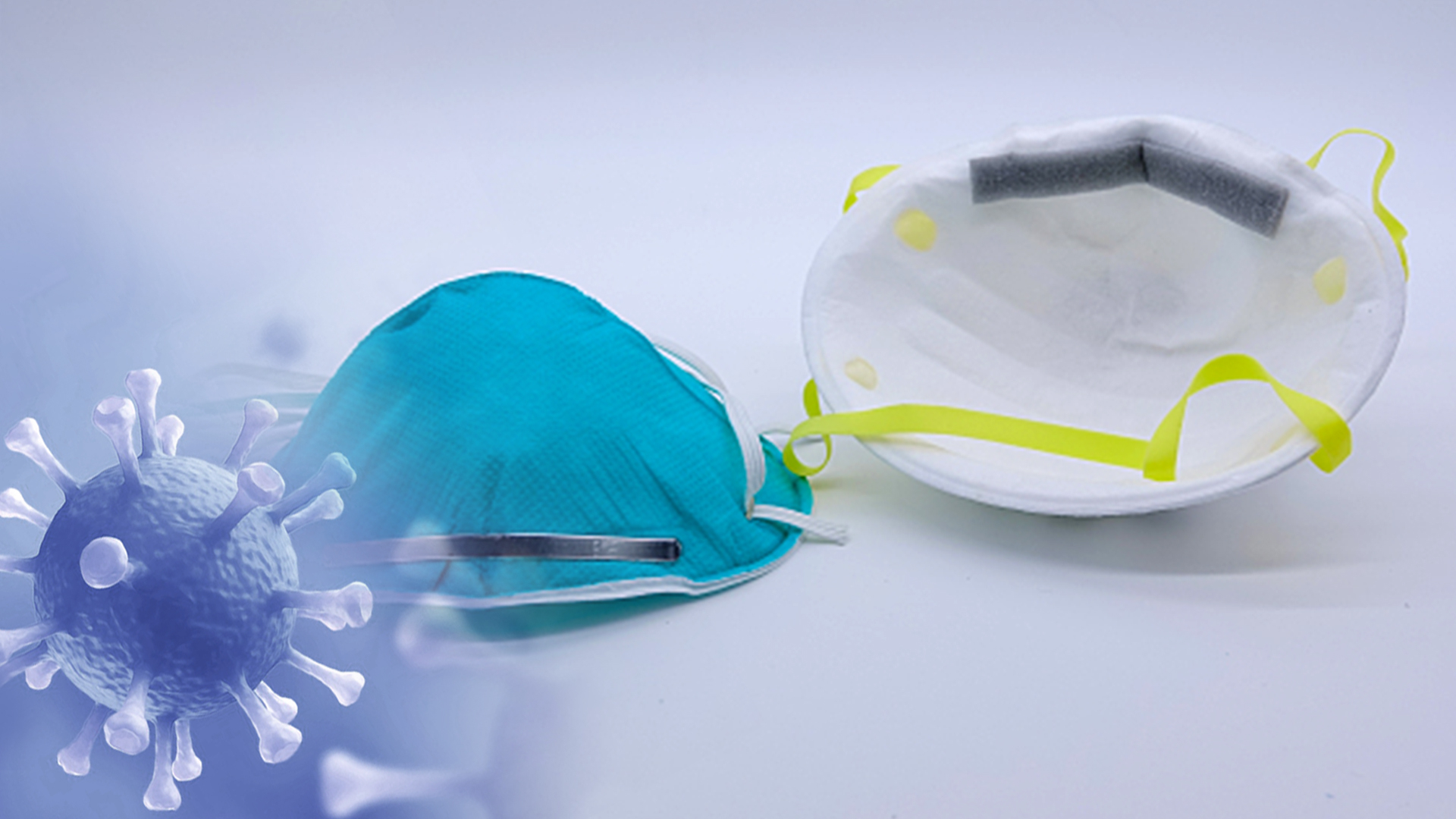
Wearing a mask is essential to preventing viral infection, but are there any differences between an N95 and surgical mask for daily protection?
Many people think that N95 masks work better, but previous studies have found that the seemingly "loose-fitting" surgical mask is also very reliable.
In 2019, the Centers for Disease Control and Prevention (CDC) of the United States published a high-level mask comparison study on the internationally renowned Journal of the American Medical Association (JAMA). The study, in which 2,371 medical workers participated, lasted for four years and was conducted for 12 weeks during the peak of the flu season for several years. It drew the conclusion that there is no substantial difference in the proportion of flu infection depending on the mask.
In fact, Hong Kong scholars published a research in 2003 that supported the use of surgical masks. The study also showed that there is no difference in SARS infection proportion of more than 200 medical workers who wore N95 and surgical masks. The study also finds that paper masks were ineffective.

Photo courtesy of Tencent
Photo courtesy of Tencent
Why is that?
Researchers offered the following explanations:
First, it's hard to wear N95 masks for a long time. N95 masks have better disease prevention effects, but poor air permeability and high respiratory resistance. Many people can't wear them for a long time, especially those with poor pulmonary functions (such as the elderly and pneumonia patients) and children.
Second, it is more difficult to correctly wear N95 medical masks. They need to be carefully checked to ensure the mask fits properly on the face.
Third, the statistical sample size may not be large enough, so the real difference between the two kinds of masks is not reflected. For example, the 2019 U.S. CDC study also concluded that it may require 10,000 person quarters (the number of participants multiplied by the number of flu seasons) for the test to be accurate enough.
Therefore, the existing evidence shows that insisting on and correctly wearing surgical masks can achieve good protective effects. There is no need to get an N95 mask.
Surgical masks also have the following advantages:
• Cheap.
• Comfortable: Surgical masks can be divided into over-the-ear and lace-up masks. The over-the-ear mask is convenient to use. And the surgical mask has adjustable straps to control the tightness of the mask.
• Better ventilation, more suitable for people: For children and the elderly who don't "insist on" wearing the mask, N95 masks have large respiratory resistance and are obviously more "incompatible", while surgical masks have better ventilation, making them easier to use.
To sum up: it is not necessary to wear N95 masks day-to-day. As long as surgical masks are worn consistently and correctly, they can effectively prevent the virus spread and penetration.
(Reviewed by Ding Yang from China Academy of Engineering Physics and Feng Jian from General Hospital of the Western Military Region of the Chinese People's Liberation Army.)
Stories in this series were contributed by Tencent Medpedia medical team and written and reviewed by medical experts from China's top hospitals. They are intended for informational purposes only, not as a substitute for professional medical advice, diagnosis or treatment. Never ignore professional medical advice in seeking treatment because of something you have read on our website. If you think you may have a medical emergency, immediately call your doctor, or go to the hospital.